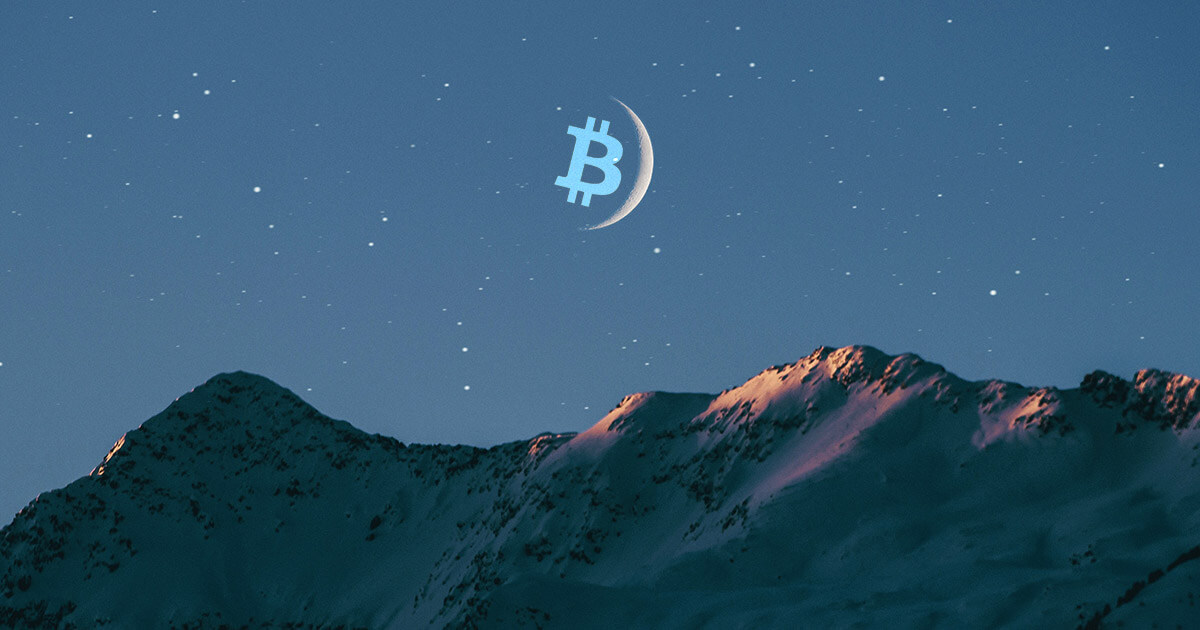Top Economist Criticizes Republicans’ Growing Support for Bitcoin
31.07.2024 9:00 1 min. read Alexander Stefanov
Economist Paul Krugman remains critical of Bitcoin, especially amid the recent surge in Republican support for the cryptocurrency.
In a recent New York Times piece, Krugman criticized JD Vance, Donald Trump’s vice-presidential pick, for aligning with what he calls the “paranoid” tech elite who are enthusiastic about crypto.
Krugman argues that Bitcoin, despite being around for 15 years, has little economic value aside from illegal uses like money laundering. He is particularly skeptical of Vance’s investment in Bitcoin and recent efforts to push for more favorable crypto regulations.
The Republican party has increasingly supported cryptocurrencies this election year. Trump, at the Bitcoin 2024 conference, suggested Bitcoin might surpass gold in value and promised to create a Bitcoin reserve if elected.
Krugman, who supports Keynesian economics and government intervention in the economy, dismisses Bitcoin as a “Ponzi scheme” and criticizes Trump’s new pro-crypto stance as a reversal from his previous anti-crypto position. He also ridiculed the Republican promise to undo Democratic crypto regulations as confusing to voters.
In response, some Democrats are urging their party to engage more with the crypto sector, recognizing its growing influence as a voting bloc.
-
1
BlackRock and Fidelity Pour Over $500M Into Bitcoin in One Day
25.06.2025 21:00 1 min. read -
2
Blockchain Group Bets Big on Bitcoin With Bold €300M Equity Deal
09.06.2025 22:00 2 min. read -
3
Bitcoin to Track Global Economy, Not Dollars, Says Crypto Expert
09.06.2025 18:00 2 min. read -
4
BlackRock’s Bitcoin ETF Breaks Into Top 15 Most Traded ETFs of 2025
12.06.2025 18:00 2 min. read -
5
Bank of America Compares Bitcoin to History’s Most Disruptive Inventions
17.06.2025 14:00 1 min. read
What Brian Armstrong’s New Stats Reveal About Institutional Crypto Growth
Coinbase CEO Brian Armstrong has spotlighted a significant acceleration in institutional crypto adoption, driven largely by the surging popularity of exchange-traded funds and increased use of Coinbase Prime among major corporations.
Whales Buy the Dip as Retail Panics: This Week in Crypto
The latest market turbulence, fueled by geopolitical tensions and investor fear, offered a textbook case of how sentiment swings and whale behavior shape crypto price action.
What Will Happen With the Stock Market if Trump Reshapes the Fed?
Jefferies chief market strategist David Zervos believes an upcoming power shift at the Federal Reserve could benefit U.S. equity markets.
U.S. Bank Advises Clients to Drop These Cryptocurrencies
Anchorage Digital, a federally chartered crypto custody bank, is urging its institutional clients to move away from major stablecoins like USDC, Agora USD (AUSD), and Usual USD (USD0), recommending instead a shift to the Global Dollar (USDG) — a stablecoin issued by Paxos and backed by a consortium that includes Anchorage itself.
-
1
BlackRock and Fidelity Pour Over $500M Into Bitcoin in One Day
25.06.2025 21:00 1 min. read -
2
Blockchain Group Bets Big on Bitcoin With Bold €300M Equity Deal
09.06.2025 22:00 2 min. read -
3
Bitcoin to Track Global Economy, Not Dollars, Says Crypto Expert
09.06.2025 18:00 2 min. read -
4
BlackRock’s Bitcoin ETF Breaks Into Top 15 Most Traded ETFs of 2025
12.06.2025 18:00 2 min. read -
5
Bank of America Compares Bitcoin to History’s Most Disruptive Inventions
17.06.2025 14:00 1 min. read


